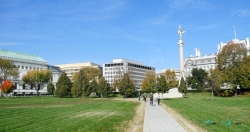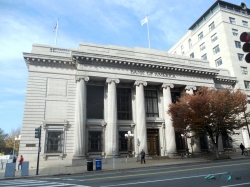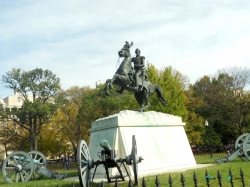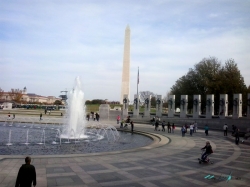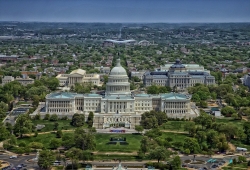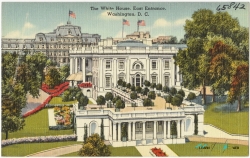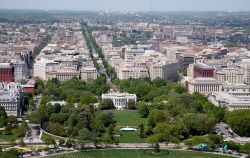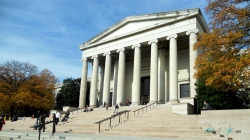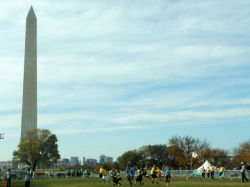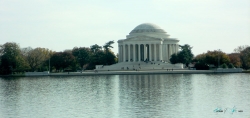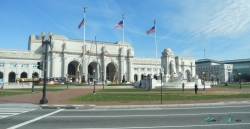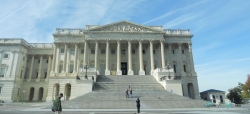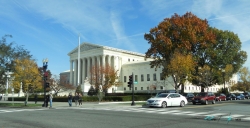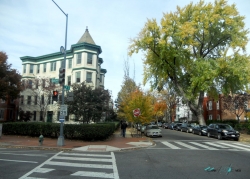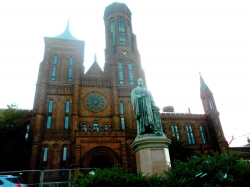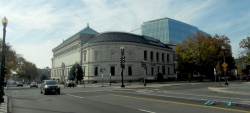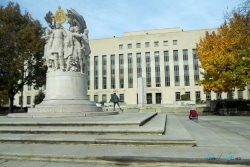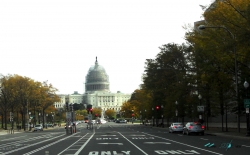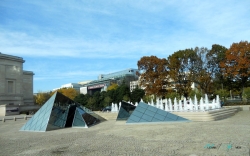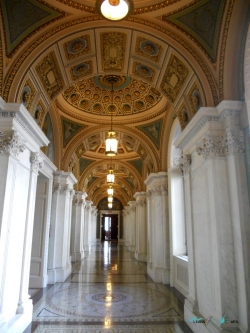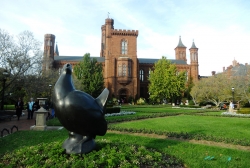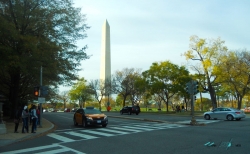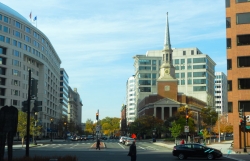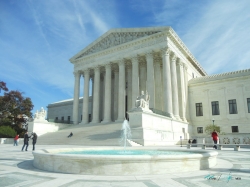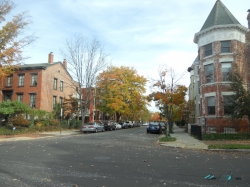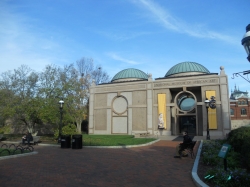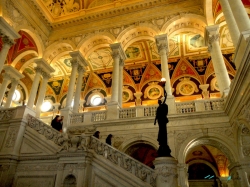ABOUT Washington DC
The roots of Washington, D.C. trace back to the signing of the Residence Act on July 16, 1790, which marked the approval for the creation of a capital district along the Potomac River. Founded in 1791, the City of Washington was established to serve as the national capital. Over time, the city evolved, with Congress officially designating it as the federal district in 1801, encompassing land from Maryland and Virginia, including the settlements of Georgetown and Alexandria.
Named after George Washington, the nation's first president and a Founding Father, and inspired by Columbia, a symbol of the United States, Washington, D.C. holds a unique status. The city's significance lies not only in its historical ties but also in being a global political capital, housing the U.S. federal government and several international organizations.
As the seat of the U.S. federal government, Washington, D.C. plays a pivotal role in global politics. Hosting Congress since 1800, the city has become a symbol of democracy and governance. Its influence extends beyond national borders, solidifying its status as one of the most important political capitals worldwide.
As of July 2019, Washington, D.C. boasted an estimated population of 705,749, ranking it as the 20th-most populous city in the U.S. The city's allure extends beyond its residents, with over 20 million visitors in 2016, making it one of the most visited cities in the nation. During the workweek, commuters from surrounding Maryland and Virginia suburbs elevate the daytime population to over one million.
Washington's metropolitan area, the country's sixth-largest, encompasses parts of Maryland, Virginia, and West Virginia. With an estimated population of 6.2 million residents in 2017, the metropolitan region adds another layer to the city's dynamic landscape.
Washington, D.C. stands not only as the political heartbeat of the United States but also as a city rich in history, culture, and significance. With its iconic landmarks, political institutions, and global influence, the capital city continues to captivate both residents and visitors alike, solidifying its place as a pivotal player on the world stage.
Named after George Washington, the nation's first president and a Founding Father, and inspired by Columbia, a symbol of the United States, Washington, D.C. holds a unique status. The city's significance lies not only in its historical ties but also in being a global political capital, housing the U.S. federal government and several international organizations.
Political Capital of the World
As the seat of the U.S. federal government, Washington, D.C. plays a pivotal role in global politics. Hosting Congress since 1800, the city has become a symbol of democracy and governance. Its influence extends beyond national borders, solidifying its status as one of the most important political capitals worldwide.
As of July 2019, Washington, D.C. boasted an estimated population of 705,749, ranking it as the 20th-most populous city in the U.S. The city's allure extends beyond its residents, with over 20 million visitors in 2016, making it one of the most visited cities in the nation. During the workweek, commuters from surrounding Maryland and Virginia suburbs elevate the daytime population to over one million.
Washington's metropolitan area, the country's sixth-largest, encompasses parts of Maryland, Virginia, and West Virginia. With an estimated population of 6.2 million residents in 2017, the metropolitan region adds another layer to the city's dynamic landscape.
Washington, D.C. stands not only as the political heartbeat of the United States but also as a city rich in history, culture, and significance. With its iconic landmarks, political institutions, and global influence, the capital city continues to captivate both residents and visitors alike, solidifying its place as a pivotal player on the world stage.
The Best Pictures of Washington DC
Videos of Washington DC











